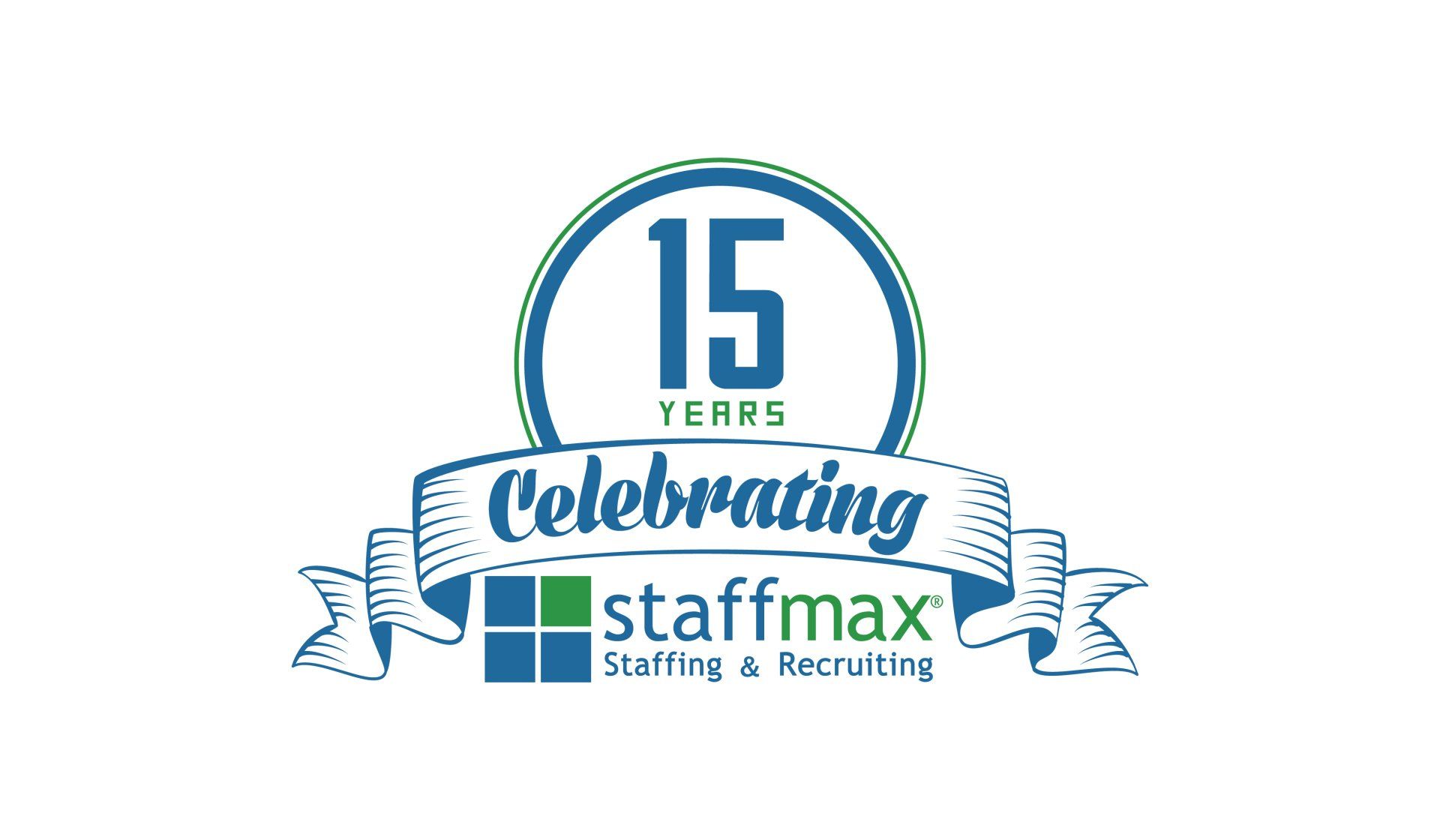Recruiting Is Top HR Concern in 2021
By Roy Maurer via SHRM

Recruiting and hiring while the nation struggles to recover from the coronavirus pandemic is HR professionals' top concern going into 2021, according to new research.
Talent acquisition professionals will have their hands full, as unemployment is expected to remain high and a majority of people in the labor force expect to look for a new job despite, or possibly due to, the economic uncertainty caused by COVID-19.
Online HR resource site XpertHR asked 563 U.S. employers in September 2020 to rate expected workplace challenges in 2021 and found that recruiting and hiring sits at the top of the list, followed by workforce planning and workplace health and safety.
"The survey found that roughly one-half of responding employers expect to increase their workforce [in 2021]," said Andrew Hellwege, surveys editor for XpertHR. "After COVID-19 rocked the economy in 2020, employers won't want to miss out on the potential recovery in 2021 … and recruiting and hiring efforts will be key for attracting talent and ramping up operations."
Just 10 percent of organizations predict they will have to eliminate positions, while 30 percent anticipate no change in staff size, and 12 percent were not sure, the survey found.
Within talent acquisition, attracting top talent is seen as the most difficult issue to navigate, followed by ensuring candidates feel safe to work onsite, hiring a diverse workforce, managing virtual recruiting and onboarding practices, and dealing with a high volume of applicants.
Emily Scace, legal editor at XpertHR, said that separate research identified poor applicant quality as the top challenge related to recruitment. "This may be the result of a genuine skills gap for certain roles, or it may be at least partially a result of employers' recruiting practices," she said. "In addition, the best candidates may have multiple offers, making it harder for any individual organization to successfully attract and retain them."
Having to sift through a high volume of applicants is another challenge. "Less time per applicant could make hiring managers more likely to rely on shortcuts to determine which candidates to advance—an approach that can exclude a significant portion of the talent pool, perpetuate biases and fail to identify the best candidates for the job," Scace said.
Recruiters should expect a surplus of candidates in 2021, according to a new study of job seeker sentiment by the American Staffing Association (ASA). Conducted among over 700 adults in the labor force, the study found that 80 percent expect to seek new jobs in the new year.
Cynthia Davidson, senior director of research for ASA, said a lot of that turbulence "stems from all the economic uncertainty felt during this pandemic. Fears have been heightened and the need for security has grown."
While one might think that mindset would keep people in their current roles, Davidson said that "Employees don't want to be blindsided—even if they feel secure, with all of the other uncertainty, they want to know they have options. As much as people try to remain at their current job, they might know that their company is considering layoffs and it really depends on the situation at each employer."
The ASA study also supports growing evidence that preferred work arrangements have shifted considerably since the onset of COVID-19. Nearly 70 percent of respondents find working remotely more desirable than at an onsite location compared with before the pandemic, and 62 percent prefer permanent positions than other types of employment arrangements. Notably, 30 percent of workers say that temporary assignments have become less desirable this year, while another 30 percent say taking on temporary placement via staffing firms has become more desirable.
Davidson said that the divergence can possibly be explained by the reactions from different sectors to the public health crisis. Health care workers, who "previously loved the flexibility of temporary assignments," are now the least likely to view those assignments as desirable, and are also more likely than workers from other industries to have left their most recent job because they were offered a better opportunity elsewhere, she said.
"That shift makes sense," she added. "Health care workers want security, and even though they are considered essential, many have been losing their jobs during the pandemic."
On the other hand, interest in temporary work among IT workers has been growing. "These jobs are prevalent right now, with companies going remote, and many of these job seekers see the potential opportunities in working with staffing firms to help get them more job opportunities and ease their job search burden," Davidson said.
She added that the candidate interests recruiters and hiring managers should keep in mind when engaging with potential hires include the organizational culture, work flexibility and workplace safety.
"Candidates are voicing their concerns about health and safety if they must work onsite," she said. "Those concerns need to be considered from the candidate's perspective, and employers must show that they are going beyond just staying compliant in order to erase fears and concerns so people will feel safe coming back into the office."













